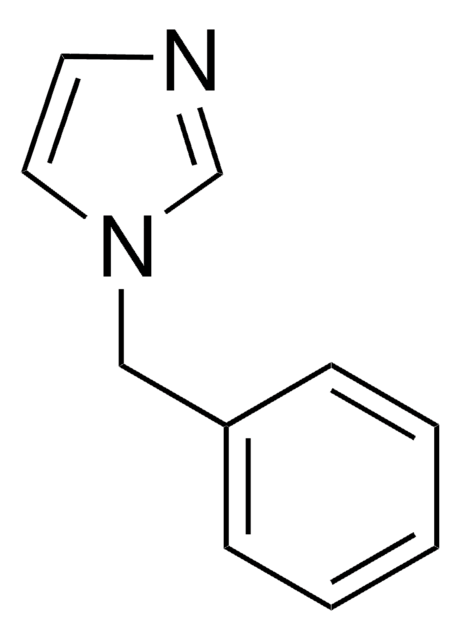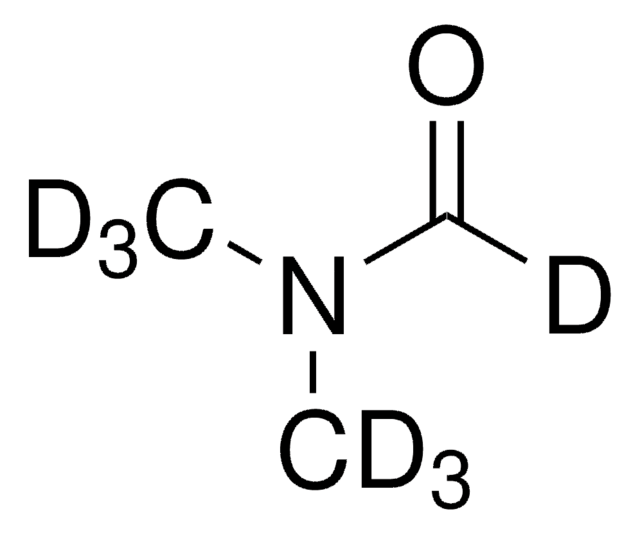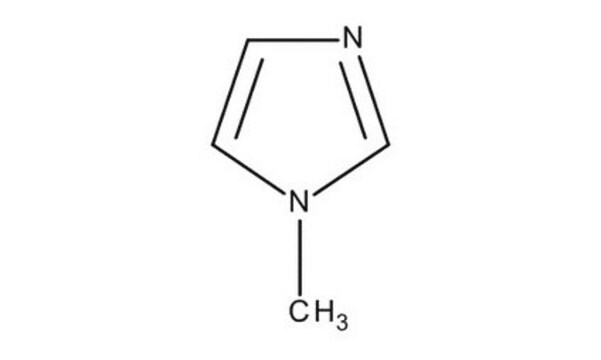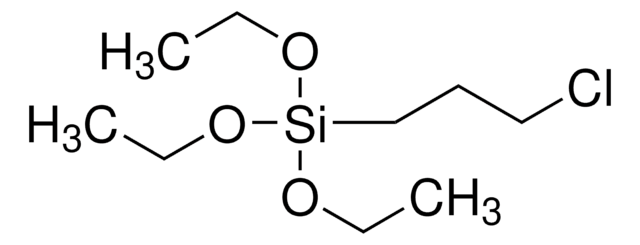348414
1-Butylimidazole
98%
Synonym(s):
1-Butyl-1H-imidazole, 1-n-Butylimidazole, N-(n-Butyl)imidazole, N-Butyl-1H-imidazole, N-Butylimidazole, N-Butylimidazolium
About This Item
Recommended Products
Quality Level
Assay
98%
form
liquid
refractive index
n20/D 1.480 (lit.)
bp
114-116 °C/12 mmHg (lit.)
density
0.945 g/mL at 25 °C (lit.)
SMILES string
CCCCn1ccnc1
InChI
1S/C7H12N2/c1-2-3-5-9-6-4-8-7-9/h4,6-7H,2-3,5H2,1H3
InChI key
MCMFEZDRQOJKMN-UHFFFAOYSA-N
Looking for similar products? Visit Product Comparison Guide
General description
Application
Signal Word
Danger
Hazard Statements
Precautionary Statements
Hazard Classifications
Acute Tox. 2 Inhalation - Eye Dam. 1 - Skin Corr. 1B
Storage Class Code
6.1A - Combustible acute toxic Cat. 1 and 2 / very toxic hazardous materials
WGK
WGK 3
Flash Point(F)
293.0 °F
Flash Point(C)
145 °C
Personal Protective Equipment
Choose from one of the most recent versions:
Already Own This Product?
Find documentation for the products that you have recently purchased in the Document Library.
Customers Also Viewed
Our team of scientists has experience in all areas of research including Life Science, Material Science, Chemical Synthesis, Chromatography, Analytical and many others.
Contact Technical Service












